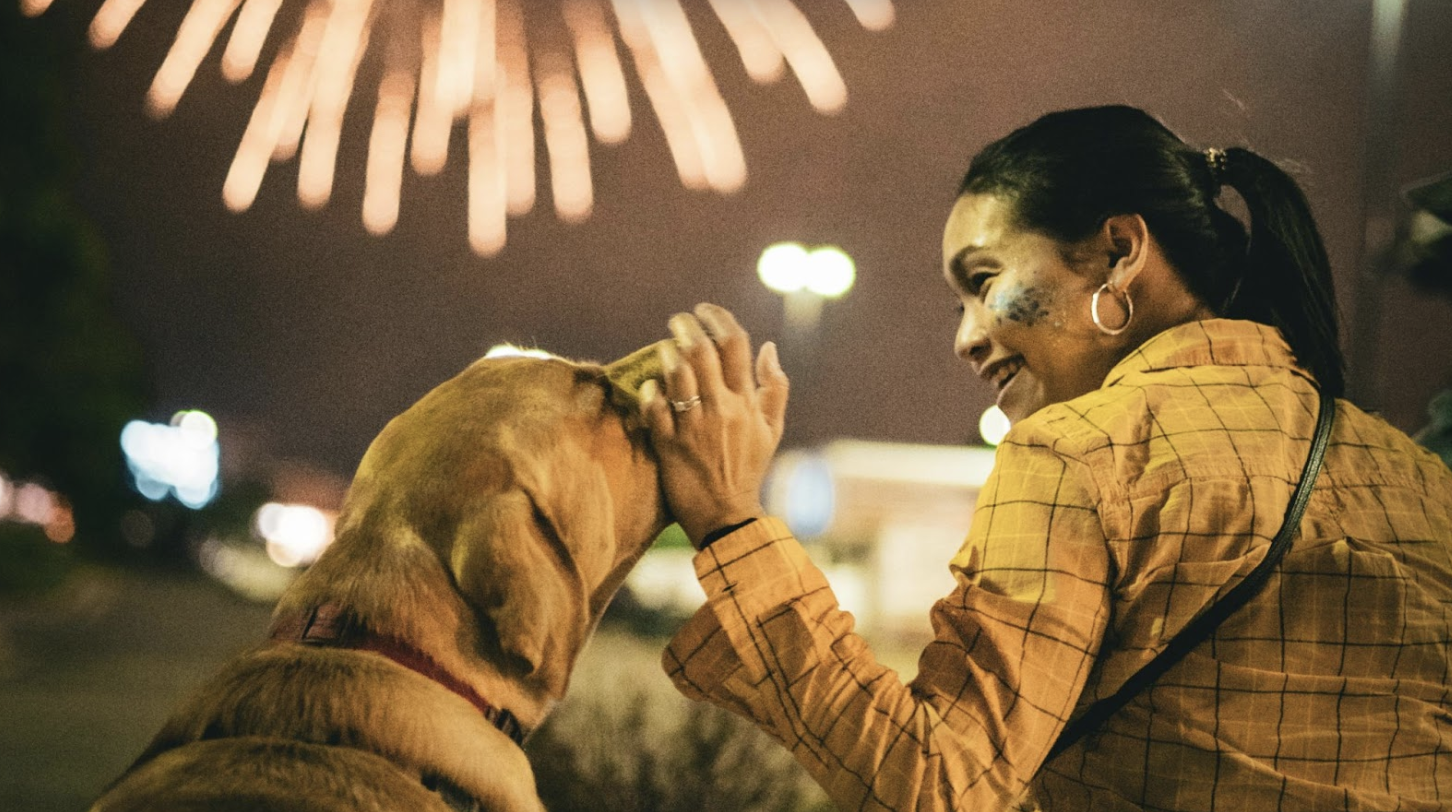We all know the signs of a happy pet - tail wagging, excited barks, and loving licks. It’s enough to make your heart skip a beat. After all, your dog is your best friend.
Did you know dogs can experience grief, too? How do dogs grieve? And as their best friend, you are the perfect person to help your dog work through that grief.
Do Dogs Understand Death?
Just as humans experience grief after losing a loved one, a dog can experience the same sense of loss when a four-legged friend or caretaker disappears. The grief is evidenced in the dog’s change of behavior. Watch for the following signs of grief.
Recognize the Signs of Dog Grief
- Withdrawn behavior with a loss of interest in playtime activities
- Frustration expressed through aggressive or destructive actions
- Loss of appetite
- Changes in sleep patterns (excessive sleeping or insomnia)
- Sluggishness
- Clinginess to another familiar companion
- Signs of anxiety, such as irregular panting or pacing
Sadly, we cannot explain loss to our pet. While the loss may be the result of a death, your pet will only recognize the disappearance. Therefore, you may even recognize your pet sniffing in search of his companion.
Support a Dog in Grief
The best medicine to heal a broken heart is love and attention. That can look different for each pet, so try various methods and see what works best for your special furry friend.
Positive Reinforcement
First and foremost, show more affection. Pet him. Hug him. Snuggle on the couch. Obviously, the size and breed of your pet may alter how you show affection. Regardless of how you do it, show physical attention.
Talk to your dog – even if he cannot talk back. Ask him to join you for routine activities. “Let’s go, boy. It’s time for bed.” He’ll appreciate your recognition of his presence and the sense of inclusion.
If your dog is social, foster this. Take him to the park or have friends over who show affection towards your furry companion.
Maintain routines to help your pet find comfort in the familiar aspects of his narrow social structure.
Offer reassurance before you leave. Again, while your dog won’t have a conversation with you, he can pick up on your sentiments. Let him know you must go, but you’ll be back. Even better, leave behind a blanket with your scent for comfort. Or pique his interest with a fun game while you’re out of the house, like find the hidden pet treats.
Give your pet lots of verbal and physical reassurance. If he’s following commands, share your praise. If he comes to snuggle up to you, let him know you appreciate the interactions. We all respond to reassurance and recognition.
Behavior Correction
If your pet is exhibiting unusual negative behaviors as a response to the grief, it’s important to correct the behavior in a loving and supportive nature. Above all, do not ignore the behavior. Your pet is seeking your reassurance.
If your pet stops eating, share a dining experience. No, he doesn’t need to be at the table. But, set his dish nearby and eat a meal at the same time.
If your pet acts sluggish, encourage physical interactions with a walk, a game of tug of war, or fetch the ball.
If your pet acts aggressively or destructively, correct the behavior, and call him over to you. Only reward him if he follows your corrective command.
Medical Intervention
If the grief is prolonged, you may seek assistance from a veterinarian. Medications are available to assist with behavior modifications, which may enhance efforts at resolving behavior concerns associated with the loss. The veterinarian will likely need to perform a blood or urine test before prescribing medication. So, be mindful of how this will affect your dog.
Your Dog. Your Best Friend.
Each dog grieves differently. While the symptoms of grief may vary, rest assured you can provide the love and reassurance he needs to regain his zest for life.
Dogs do have the capability to grieve, and the loss of a companion or family member can have a significant impact on their emotional well-being. Grief in dogs can manifest in a variety of ways, including changes in behavior, loss of appetite, and decreased activity levels.
It is important for pet owners to be aware of the signs of grief in their dogs and to provide them with the support and care they need during this difficult time. This can include additional attention, playtime, and providing them with new companionship.
Grieving is a natural process for all living beings and with patience, love and understanding, dogs can work through their grief and move on. It is important to remember that every dog is different and may grieve in their own way, it is crucial to pay attention to your dog's behavior, and provide them with the support they need to cope with their loss.
For more helpful articles about pet-parenting tips, check out the Off Leash blog at TryFi.com.
Want to know more about TryFi.com? The Fi Dog Collar is a GPS tracking collar that not only keeps track of your dog’s location, activity levels, and sleep patterns, but it also alerts you if your dog escapes your backyard. This is the fastest way to find your dog after an escape. Try the Fi Dog Collar today!

